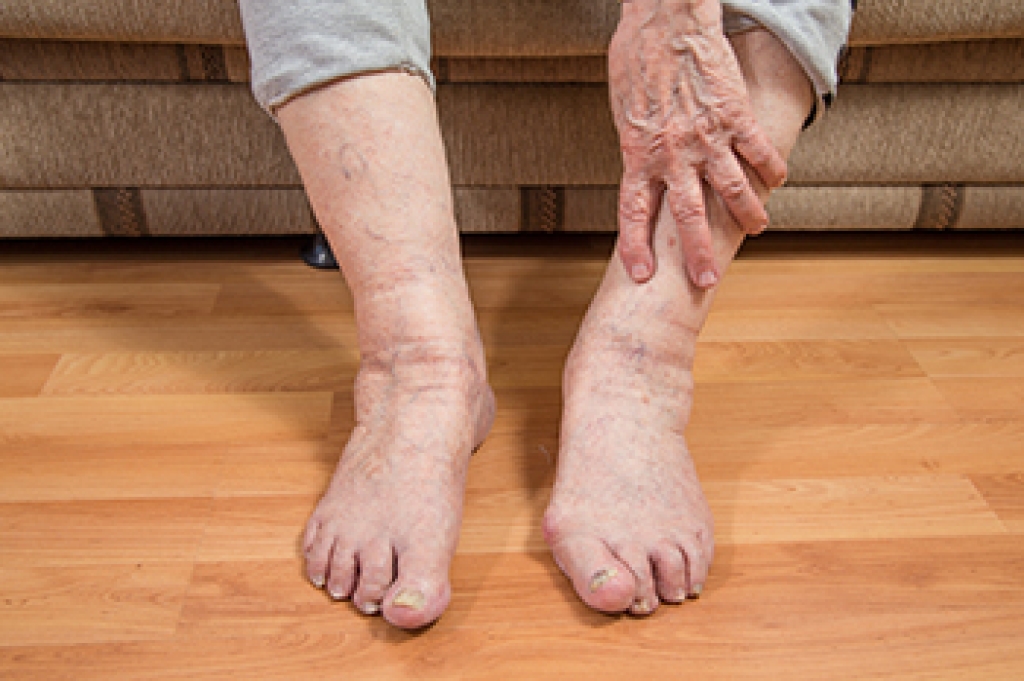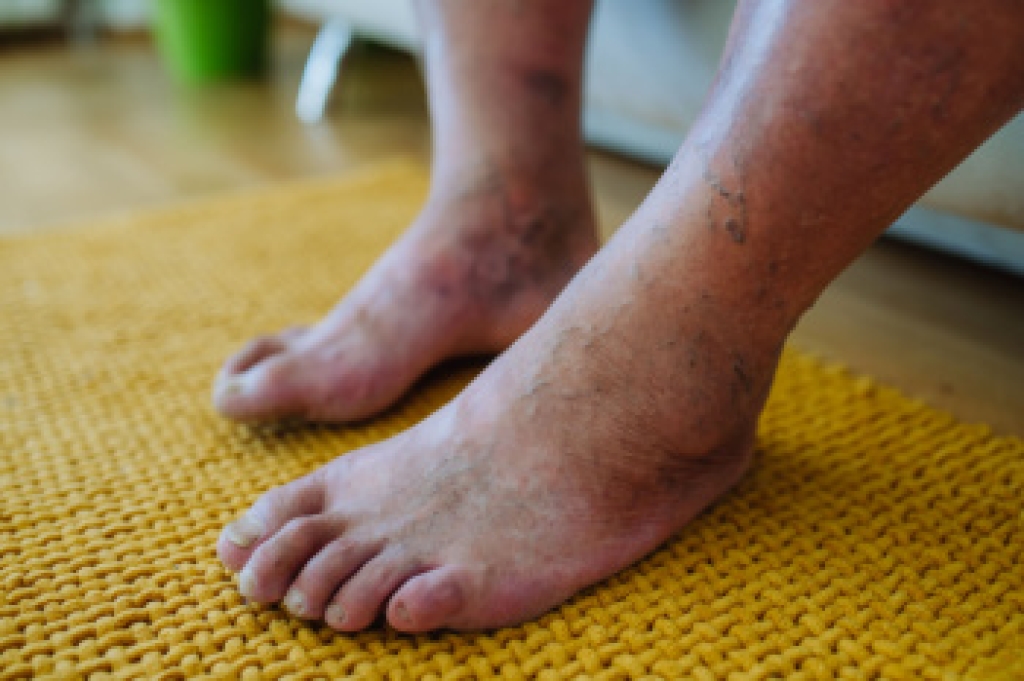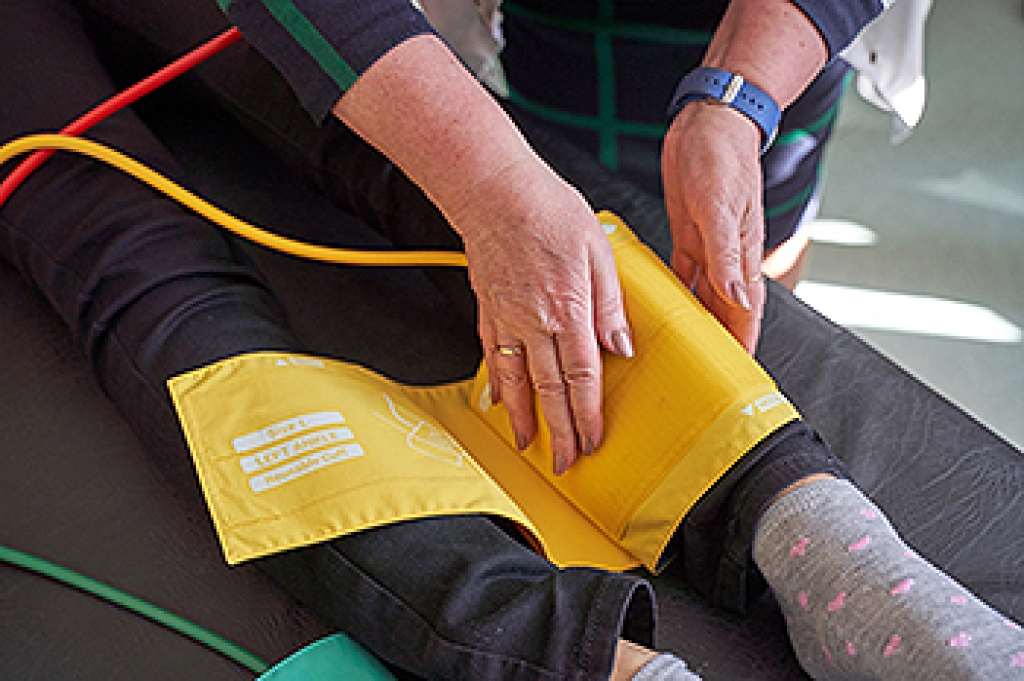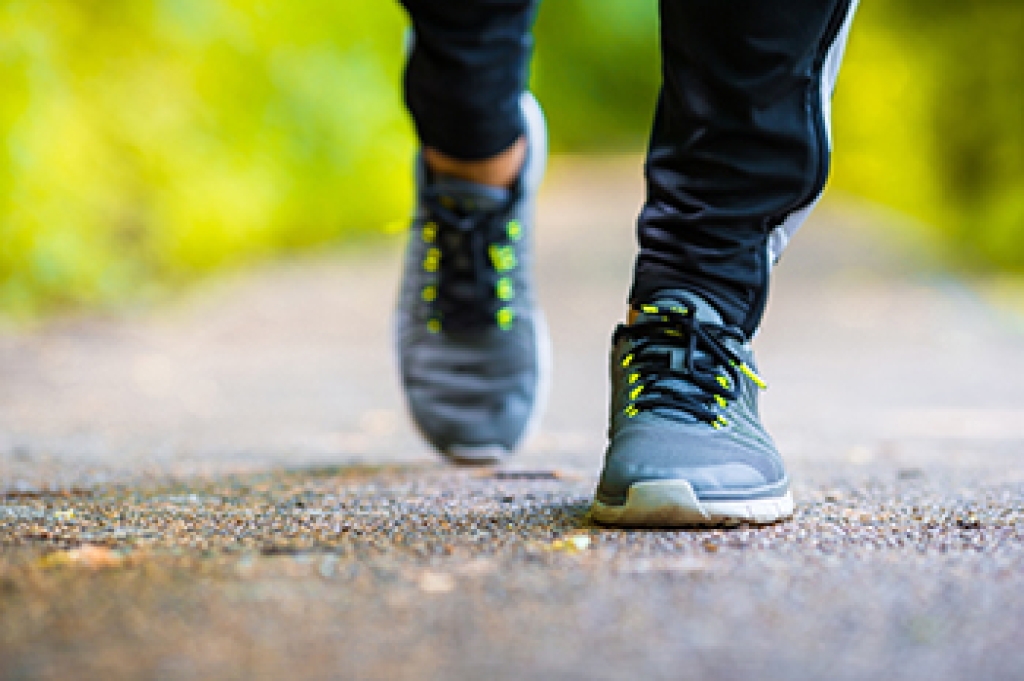
As the body changes with age, the feet often feel the effects first because they carry the weight of every step. Skin may become thinner and drier, toenails may thicken, and flexibility can decrease, making routine care more important. Many older adults experience reduced sensation or slower healing, which means small issues like corns, cracks, or nail problems can progress more quickly than expected. Choosing supportive footwear, moisturizing regularly, and checking the feet each day for redness, swelling, or pressure spots can help maintain comfort and stability. Gentle stretching and staying active can also improve circulation and mobility. Being consistent with foot care supports safer movement and overall well-being. If you notice persistent discomfort, skin changes, or difficulty walking, it is suggested that you schedule an appointment with a podiatrist for individualized guidance.
If you need your feet checked, contact Cory Brown, DPM of Cory Brown, DPM. Our doctor will attend to all of your foot and ankle needs and provide you with quality treatment.
Geriatrics and Podiatry
When people age, some common issues that may occur are bone density loss, dry skin, poor circulation, and rough brittle nails. These issues may also affect your foot health if the necessary steps are not taken to alleviate the problems.
It is important to take care of your feet because feet that are injured or diseased can affect your overall health. Having painful feet hinders your ability to do daily activities or may decrease your willingness to do the things that you need to do.
Visiting Your Geriatrician
As we age, health problems become more likely, so it is essential to visit your doctor for check-ups to ensure that you are doing the best you can to take care of your health. It is recommended to check your feet frequently for any possible cuts, bruises, swelling, corns or any other irregularities.
Taking Care of Elderly Feet
Cracked or dry feet can be treated by applying moisturizer often. It is also important not to wear old socks because the older the sock is, the higher the possibility there will be that there is bacteria there. Wear fresh socks and make sure they fit properly.
Proper foot health means that you can have a more active lifestyle and you will not be bogged down by pain. Foot health also leads to good circulation, which is paramount for overall health.
If you have any questions, please feel free to contact our office located in Lewiston, ID . We offer the newest diagnostic and treatment technologies for all your foot care needs.




